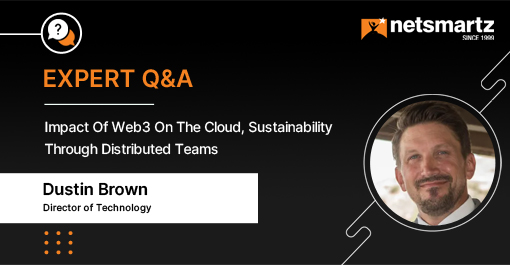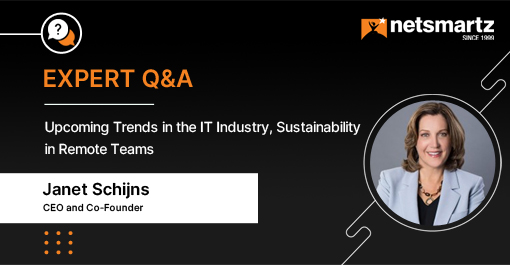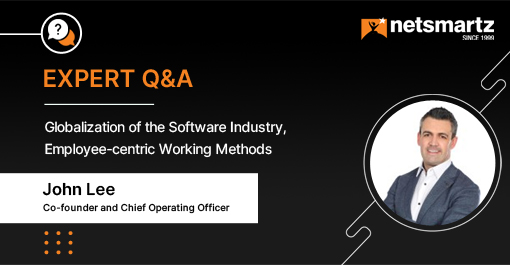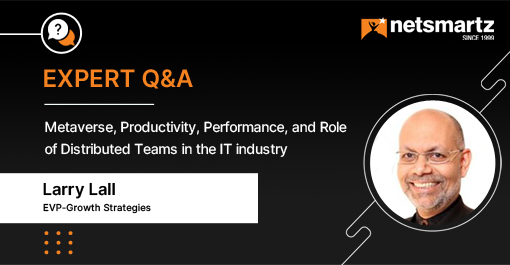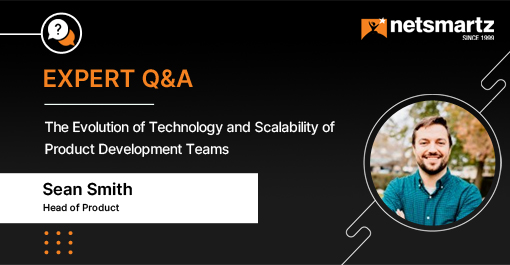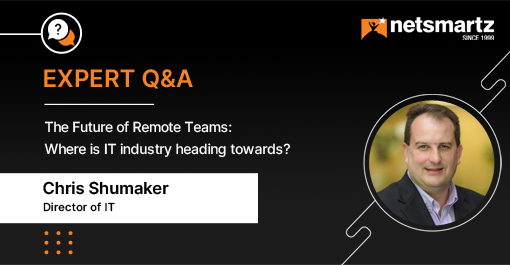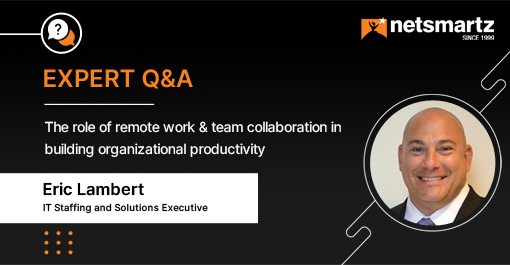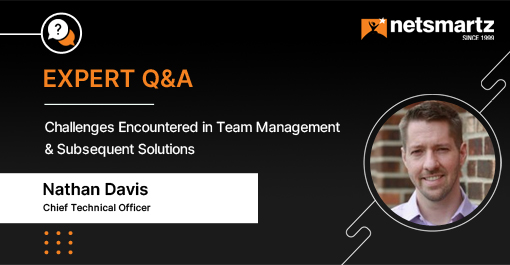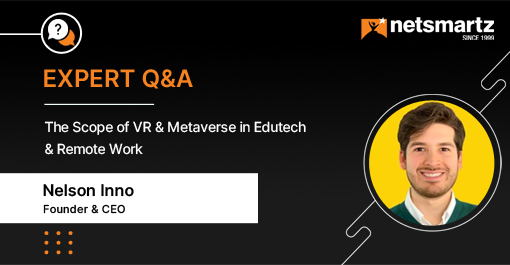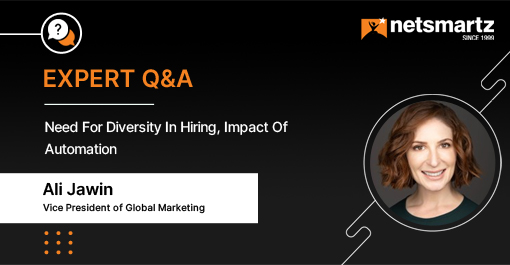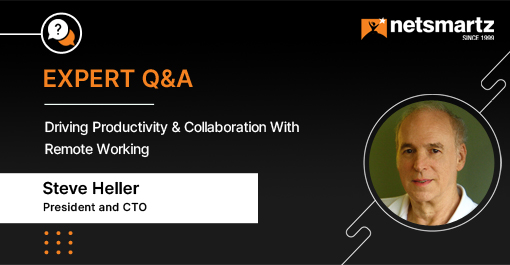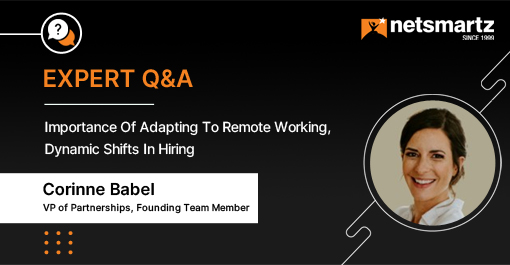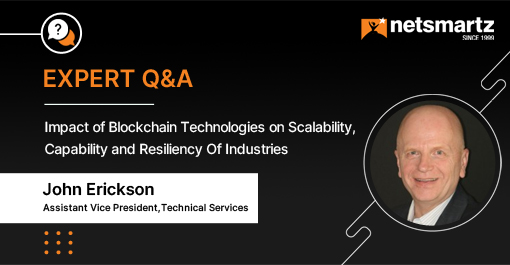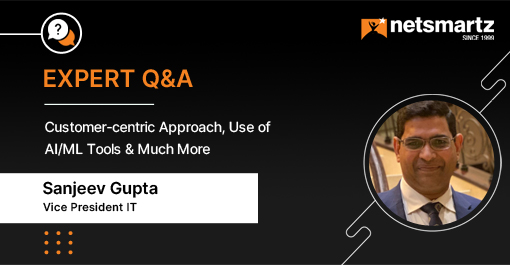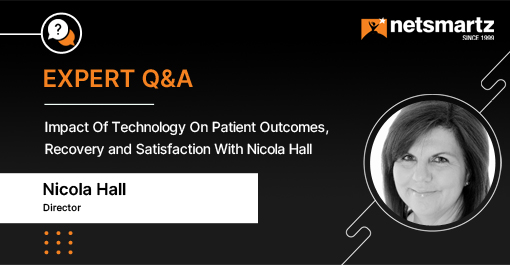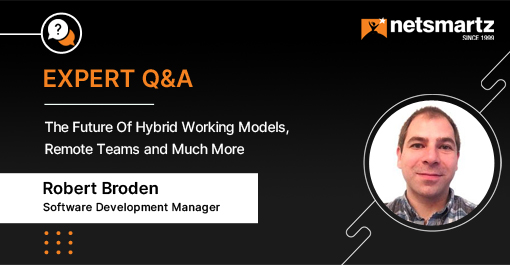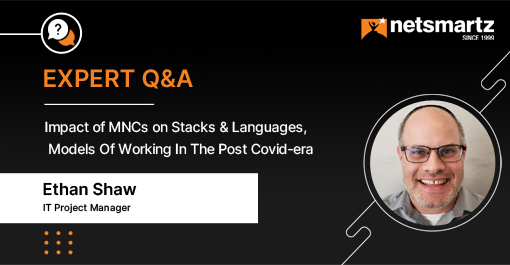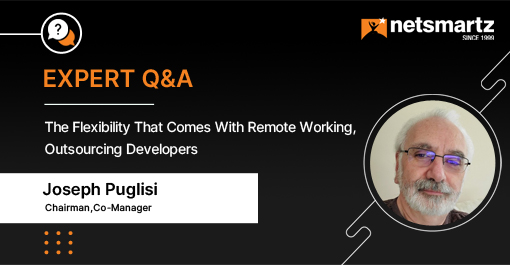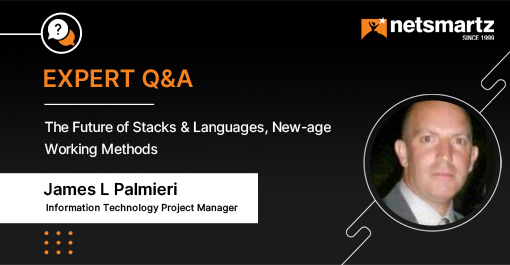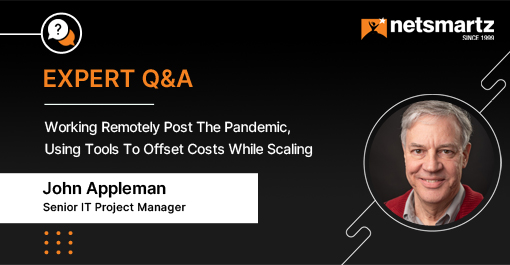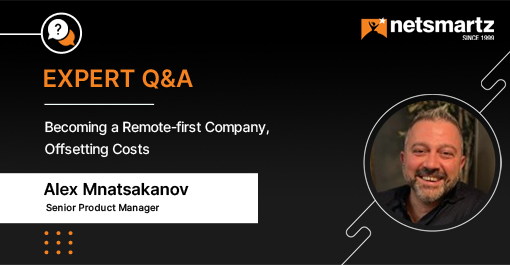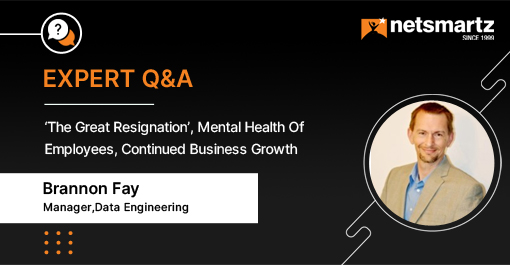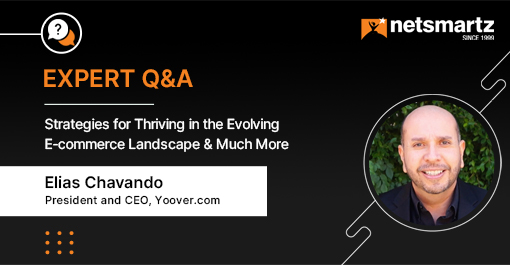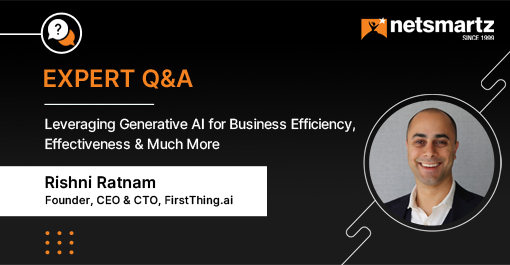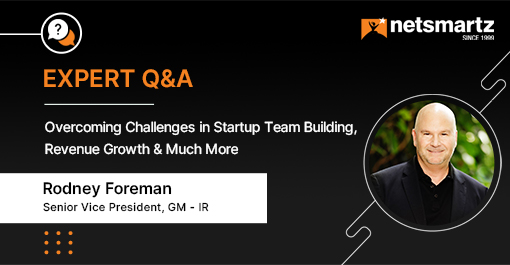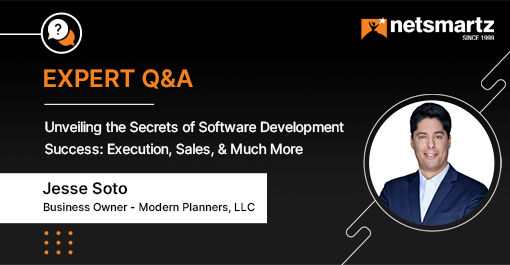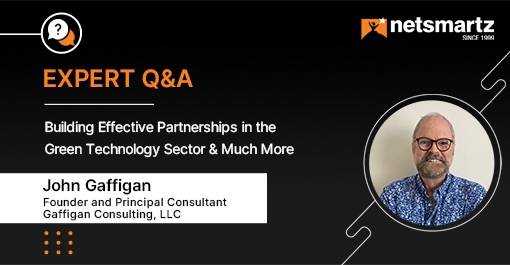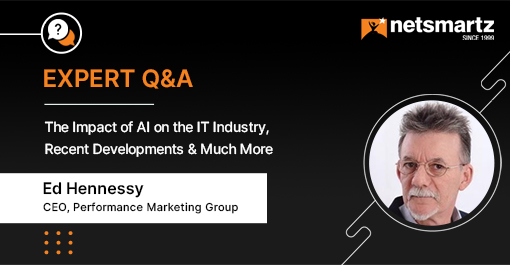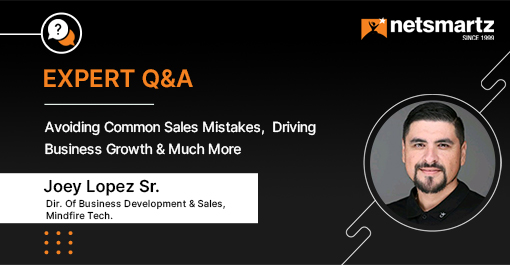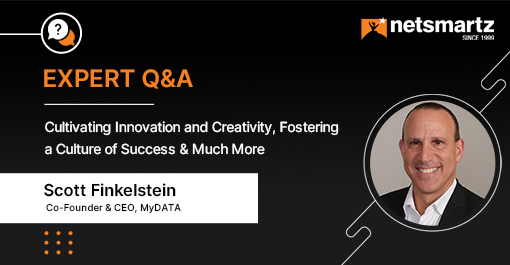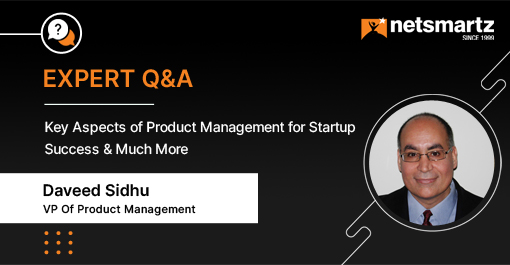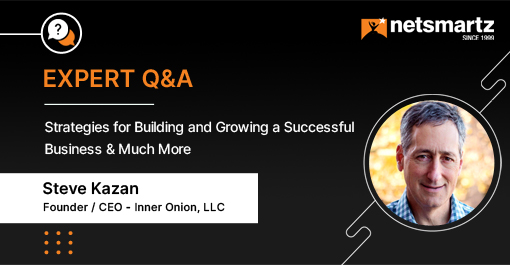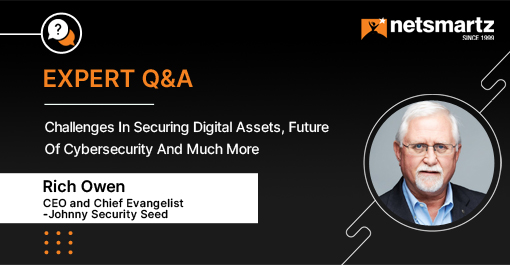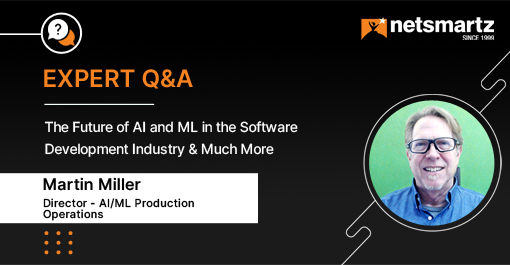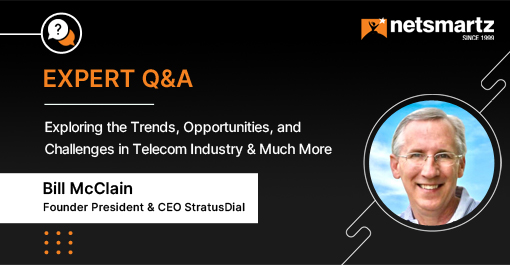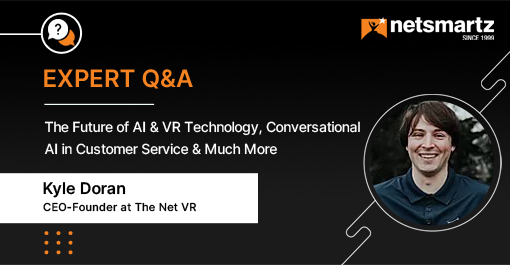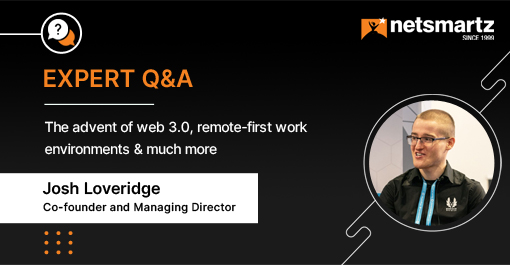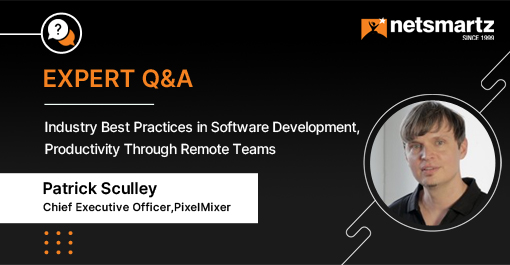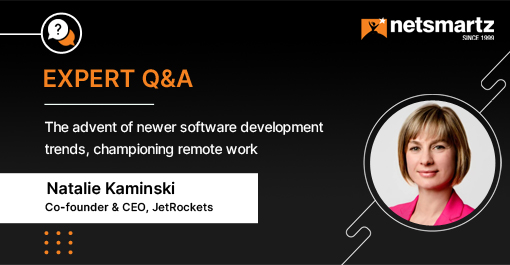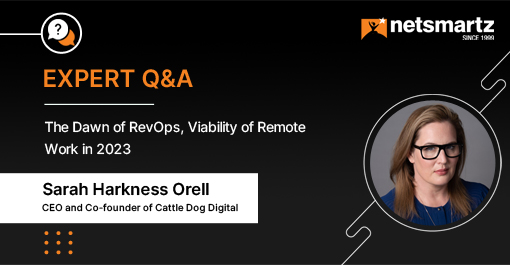The Future of Stacks & Languages, New-age Working Methods
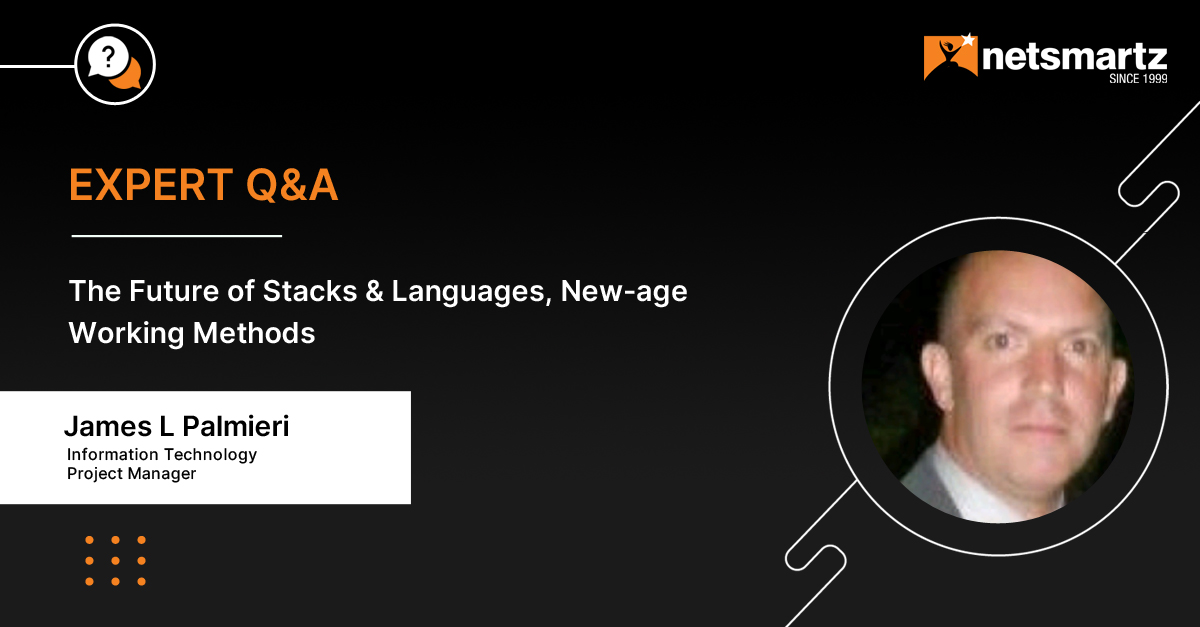
The only thing in life that’s constant is change. And this rule even stands true in the tech industry. With the latest advancements and developments rolling out faster than ever before, it’s a question what will stick behind and what will not.
To expand on the same and learn more about what hiring and working methods, languages and stacks will survive in the future, we sat down with James L Palmieri, VP Executive and a veteran in infrastructure operations, project management, business continuity, and application resiliency.
Want to contribute to our expert insights?
 About James L Palmieri
About James L Palmieri
After starting his career as a technician installing cable, then working in data center operations at one of the top financial firms, James L Palmieri is now working as a VP executive. He holds extensive experience in infrastructure operations, project management, business continuity, and application resiliency. James is an agent who quickly adapts to automation to ensure efficiencies are deployed in a procedural way to maintain consistency.
1. What trends do you see coming up in the industry – unseemly or exciting – that might change the industry for good?
The most important thing is that job descriptions nowadays indicate everything, whether your company is Hybrid, On-site, or Remote. It allows candidates to select where they can conduct their duties. This freedom is going to spur growth in unexpected areas of the economy.
2. With the software industry right now, What change do you see sticking?
Technologists have known this for many years, working remotely works. Physical engagement is lacking, and we adapt to adjust to this shift. No longer do you need to hush the dogs from barking. I prefer all three options— every business must adopt all the options to try at least once and then stick to the best fit for their project’s accomplishment and business’ success.
3. As a senior developer, what stacks or languages do you see having a significant impact on the industry and consideration by the dev community?
I am not a developer; however, my insight on this would move towards a technology stack as more businesses (both startup and established) have started investing in machine learning and Artificial Intelligence (AI) languages. Frameworks like Python will be prominent in the near term until something better comes out. There is no Moore’s law for this; however, just 24 months are required, and a new language will take the top spot.
 Wrapping Up
Wrapping Up
Interviewing James L Palmieiri and having a conversation with him on the future of industries was an eye-opening experience. His thoughtful insights into industry trends gave us a sneak peek into what the future holds in terms of software development and working remotely. Hope you found this Q&A just as helpful and enthralling as we did.
Are You An Influencer?
Make Your Mark as a Thought Leader
We invite industry influencers to participate in our Q&A panel, offering the audience valuable insight into cutting-edge technology trends, platforms, and more.






